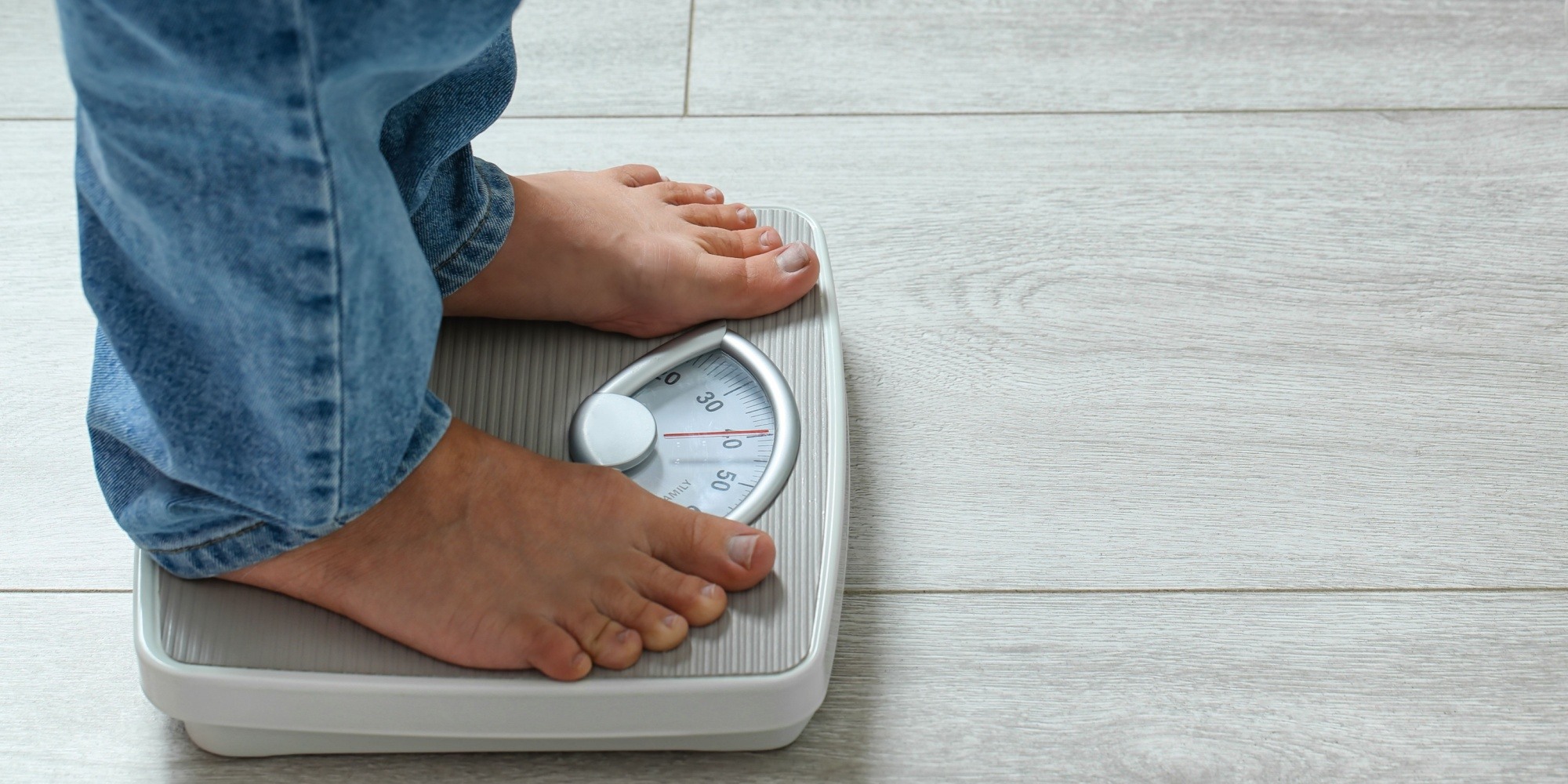Is it Hard to Lose Weight If You Work an Office Job?
Oct 16, 2024 mindpumpIn this day and age, most of us spend the majority of our time sitting and not actively moving. This can make it much tougher to lose weight, as movement is an important piece of not just losing weight, but being healthy overall. There are certain strategies you can implement to navigate these challenges effectively.
Be Intentional
There is a psychological component that can mess with your head. If you know you are working 8 hours a day, it can be hard to find the motivation to go to the gym, but even more so to stay active throughout that 8-hour day. One way to overcome this is to be more intentional about including breaks in your day. Use a stand-up desk with a walking treadmill underneath, or try to aim for 2 to 3 10-minute walks throughout the day. These can be done after meals, or during a work break to help get circulation and get your step count up without having to be at a gym.
Build Your Metabolism
If you aren’t very active in your life, your body doesn’t have a big reason to keep your metabolism burning high. Research has even shown, particularly with dieters, if you are in a caloric deficit for a long time, your body will simply adapt to the lower intake. This is why many clients will mention spending years at a low-calorie intake, but having hit a plateau they can’t seem to break through. The recommendation here would be to take a break from dieting, and spend some time building those calories back up to a healthy place where you can get the calories and metabolism burning as effectively as it can and giving you another shot at going into a deficit and breaking through the previous plateau.
The other trick here is to include resistance training 2-3 times a week. Resistance training is not only great for preserving any muscle you currently have, but allows you to add muscle to burn more calories at rest. The more muscle you have, the more calories you burn!
Don’t Focus on the Scale
Using the scale can be a useful tool. If you are able to do it on a daily basis, or more frequent basis, and objectively use it as data, it can be a great tool for tracking trends. The issue is people aren’t very good at being objective when it comes to fat loss. We get caught up on wanting to see the scale go down EVERY single time, which is not realistic. Your body is constantly going through water weight and hormonal changes. You may have some days you weigh more, and some days you weigh less. The purpose of tracking weight is to see OVERALL, are you trending in the right direction. It is simply a snapshot in time.
Focusing too much on the scale for anything other than data forces you into short term behavior such as extreme calorie restriction and habits that only set you up for failure in the long term. The question I always tell my clients is “can you see yourself doing this a year from now?” If the answer is no, then you need to make the change more simplified until the answer becomes a yes. The reason for this is that it will take a new lifestyle to maintain the new body you are trying to achieve. After all, it was the previous lifestyle that got you to the body you didn’t want before, correct?
Try focusing on other factors like sleep quality, stress levels, and overall energy as you start to drop weight. These are better indicators of overall life quality.







